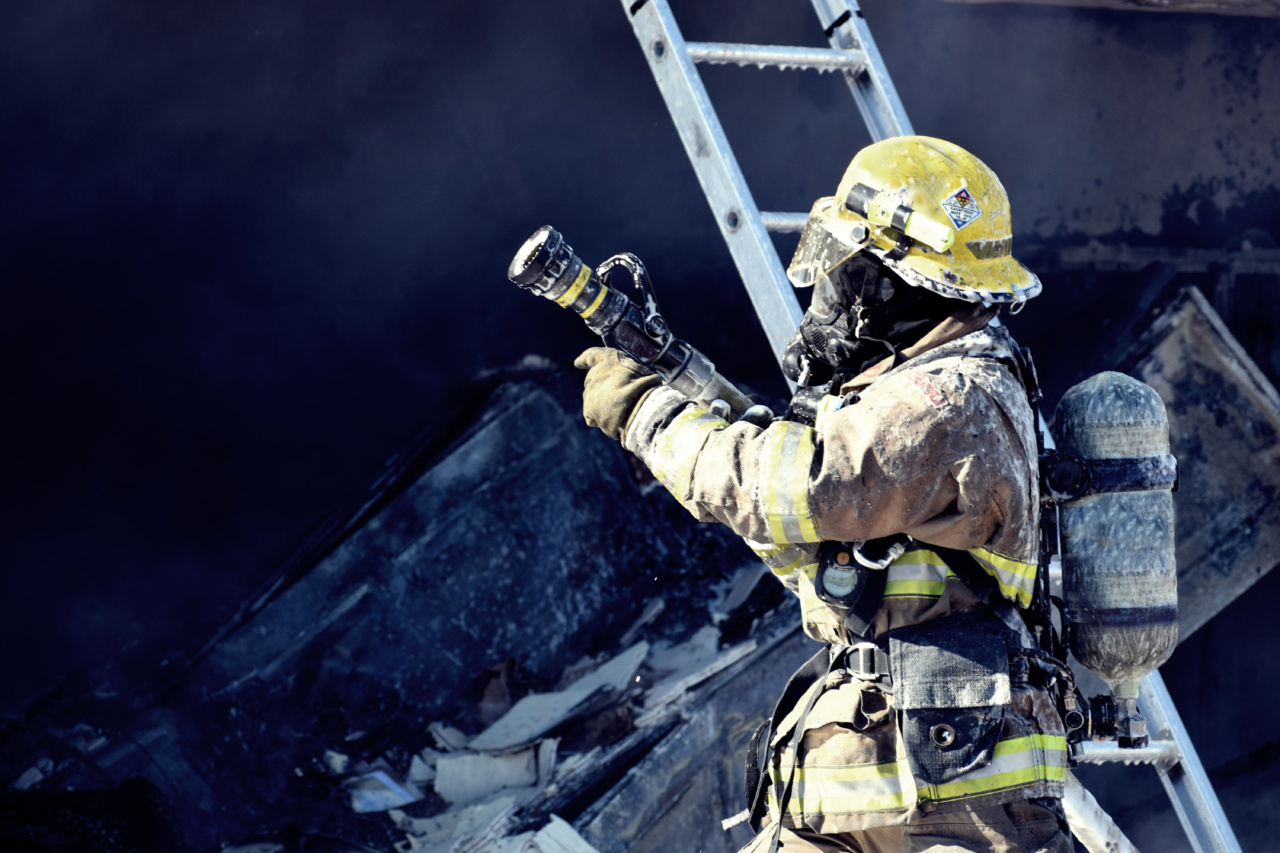Emergency hernia surgery is a critical procedure that poses specific risks for older adults. As individuals age, their bodies become more fragile and prone to complications during surgery.
This article highlights the dangers associated with emergency hernia surgery in older adults and emphasizes the importance of understanding these risks to ensure informed decision-making.
The Growing Incidence of Hernias in Older Adults
Hernias, a condition in which an organ or tissue protrudes through a weakened area in the abdominal wall, commonly affect older adults. With weakened muscles and connective tissue, the risk of hernias increases significantly as individuals age.
The National Center for Health Statistics reported a steady increase in hernia cases among adults over 65, with emergency hernia surgeries becoming more frequent.
The Importance of Timely Diagnosis and Surgery
In many cases, hernias in older adults are diagnosed at later stages due to atypical symptoms and delayed medical attention. This delay often leads to emergency situations where immediate surgery is required.
Timely diagnosis is crucial as it allows for scheduled surgeries, minimizing the risks associated with emergency interventions.
The Challenges of Emergency Hernia Surgery
Emergency hernia surgery poses several challenges for older adults. First, the medical team may have limited time to conduct comprehensive pre-operative assessments, increasing the likelihood of overlooking important health issues.
Furthermore, emergency surgeries often occur when patients are in a weakened state, making them more susceptible to post-operative complications.
Increased Anesthetic Risks
Anesthesia is a critical component of any surgical procedure, but it carries higher risks for older adults.
Older individuals may have underlying health conditions, such as cardiovascular diseases or respiratory issues, that could complicate the administration of anesthesia. The anesthesia team must take extra precautions to ensure the safety and well-being of older patients during emergency hernia surgeries.
Potential Surgical Complications
Emergency hernia surgeries present a higher risk of surgical complications compared to non-emergency procedures. Older adults are more likely to experience wound infections, blood clots, hernia recurrence, or bowel obstructions.
These complications can prolong hospital stays, delay recovery, and negatively impact the overall health and well-being of older patients.
Post-operative Challenges for Older Adults
Recovery from emergency hernia surgery can be particularly challenging for older adults.
The longer hospital stays, potential complications, and limitations on mobility and independence during recovery can result in greater physical and emotional distress. Older adults may require additional support and rehabilitation to regain their pre-surgery functionality.
Emphasizing Individualized Care and Shared Decision-making
Given the heightened risks associated with emergency hernia surgeries in older adults, it is essential for healthcare providers to prioritize individualized care and shared decision-making.
Older patients and their families should be involved in discussions regarding potential risks, benefits, and alternative treatment options. This collaborative approach enables patients to make informed choices based on their unique circumstances and priorities.
The Role of Caregivers and Support Systems
Older adults undergoing emergency hernia surgery rely heavily on their support systems, including caregivers and family members.
These individuals play a crucial role in providing emotional support, assistance with daily activities, medication management, and facilitating a safe and comfortable recovery environment. Adequate caregiver resources and support networks are vital to ensure the well-being and successful recovery of older patients.
Preventive Measures and Lifestyle Modifications
While emergency hernia surgeries cannot always be avoided in older adults, certain preventive measures and lifestyle modifications can reduce the overall risk.
Engaging in regular physical activity, maintaining a healthy weight, avoiding excessive straining during bowel movements, and adopting proper lifting techniques can help strengthen the abdominal wall and minimize the chances of developing hernias.
Conclusion
Emergency hernia surgery poses specific dangers for older adults, from increased anesthetic risks to potential surgical and post-operative complications.
Healthcare providers and patients must be aware of these risks and prioritize informed decision-making while considering alternative treatment options. Through individualized care, support systems, and preventive measures, the well-being and successful recovery of older adults undergoing emergency hernia surgeries can be optimized.






























